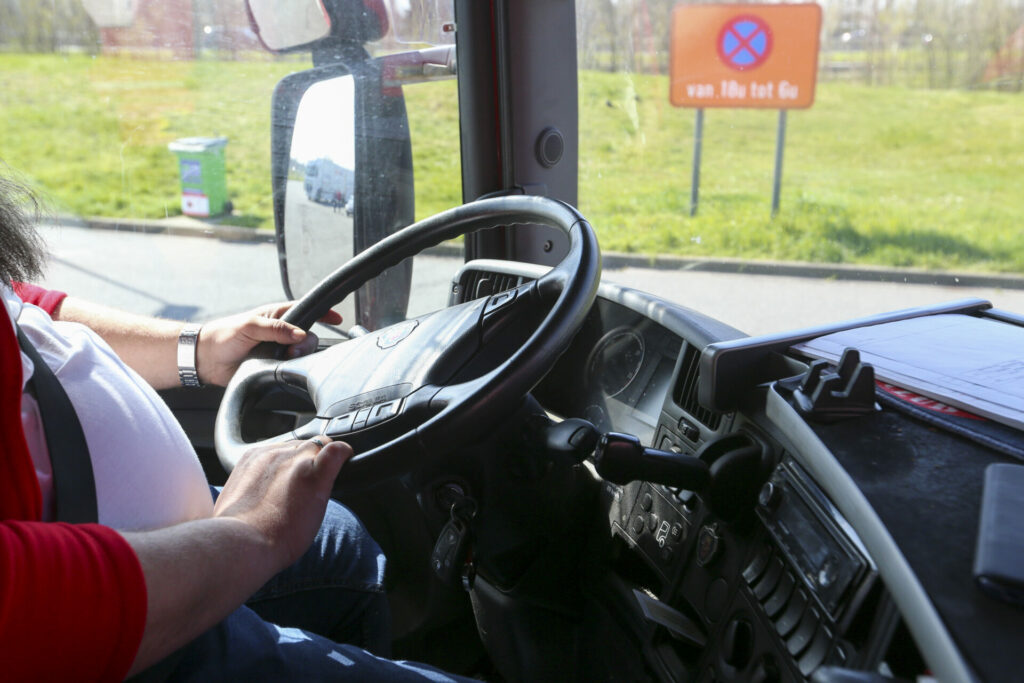Labour migration from outside of the European Union to Flanders grew exponentially in 2022, with 90% more work permits handed out than in the previous year, reports the Flemish Economic Migration Service.
A total of 16,100 non-EU workers were employed by Flemish companies in Belgium compared to 8,600 in the previous year, a growing number of which were recruited to fill job vacancies in shortage-ridden sectors.
As the Flemish Employment Service (VDAB) reported in September of last year, there were 207 occupations on the list of "bottleneck professions" in Flanders. This means that employers in these professions are finding it hard to employ people and fill their vacancies.
Due to the EU's freedom of movement, Belgium can call upon nationals from the other EU27 countries, however, in various occupations employers are still struggling to fill labour shortages.
Flemish companies seemed to have found a solution though, thanks to labour migration from non-EU countries. Especially given that in Flanders, it is up to employers to ask for a work permit to be granted. If approved by the relevant authorities, a non-EU worker's permit is valid for a maximum of one year but can be renewed afterwards.
Related News
- Foreign nationals in Belgium often refused access to bank account
- Long-stay visas in Belgium reaching record-high levels
- Almost 1,000 undocumented migrants sent back in first quarter
These regulations resulted in a total of 3,565 non-EU workers being recruited in shortage-ridden sectors throughout 2022. Over a third of them (1,350) were employed as truck drivers, while others were employed as chefs, healthcare workers and butchers.
Over half of these new employees came from Turkey and Morocco, while the vast majority of recruitment in the healthcare sector came from India.
This phenomenon had already been seen earlier this year, with three hospitals in Genk having brought over nurses from the South Asian country to tackle staff shortages.

